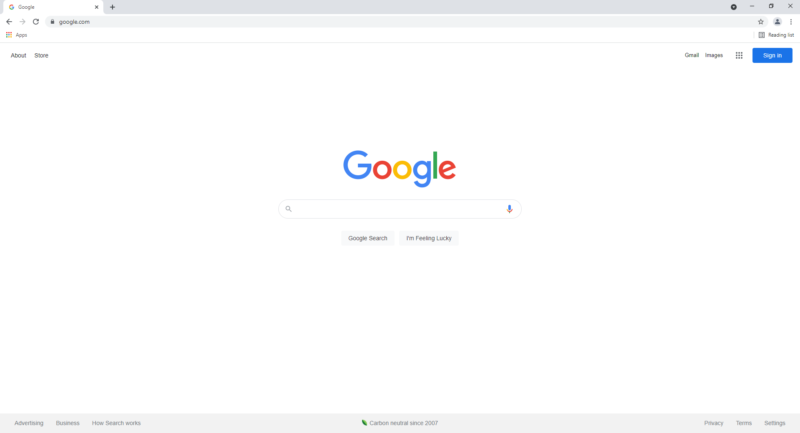
A web browser and a search engine are closely related forms of technology that help us use the internet, but they’re not quite the same thing. We’ll take a look at their similarities and differences in our search engine vs browser article.
Last Updated: 25 Jan'24 2024-01-25T11:56:30+00:00
All our content is written fully by humans; we do not publish AI writing. Learn more here.
Search engines and web browsers are two forms of technology that are dependent upon one another. A browser is required to use a search engine, and a search engine can’t deliver its results without a browser. In this search engine vs browser article, we compare and contrast these distinct but related technologies.
There are countless search engines on the internet today. Google is the most popular search engine by far, but its privacy issues are edging users towards services like DuckDuckGo — the best Google alternative and a reliable search engine that doesn’t track you. Each search engine has its own index and method of crawling, so results will vary from one engine to the next.
The same goes for browsers — while they all perform the same basic task, there’s still a lot of variation from one browser to the next. We’ll focus on the basic traits that make search engines and browsers what they are.
Meet the expertsMax Pitchkites ( Writer )
Max Pitchkites is an accomplished documentation specialist, illustrator, and graphic designer known for his expertise in fantasy and sci-fi artwork, as well as copywriting and editing services. With a keen eye for detail and a deep understanding of storytelling, Max produced 28 illustrations for an art show based on “The Order of Odd-Fish” by James Kennedy, showcasing his ability to bring narratives to life through captivating visuals. He also writes speculative fiction and essays.
Aleksander Hougen ( Co-Chief Editor )
Aleksander Hougen, the co-chief editor at Cloudwards, is a seasoned expert in cloud storage, digital security and VPNs, with an educational background in software engineering. Beyond his prolific writing commitment, Aleksander helps with managing the website, keeping it running smoothly at all times. He also leads the video production team and helps craft e-courses on online technology topics. Outside of the professional realm, he is a digital nomad with a passion for traveling, having lived in many countries across four continents.
Search engines are programs that look through an index of websites on the internet that correspond to the user’s keywords. Browsers are applications that are used to access web pages, or HTML files, by making contact with a web server.
Check out our online security courses and grab a limited-time offer.
Enrollment available now!
| Browser: | Search Engine: |
|---|---|
| A software application used to make contact with a web server and view web pages (HTML files). Pages can be either static or dynamic. | A software system designed to discover and return web pages available on the internet. |
| The main components of browsers are the user interface (UI), the browser engine, the rendering engine, the networking component, the UI back end, the JavaScript interpreter and data storage. | Search engines consist of three main parts: the crawler, the search index and the search algorithm. |
| It uses a graphical user interface (GUI) to visually display web content and enable user interaction with the web page. | Search engines have their own databases. |
| Browsers will store your browsing history, cookies and cache in the memory unless you manually clear this data or use a private browsing mode. | Search engines usually collect data about their users and their search queries. Some search engines, such as DuckDuckGo, refrain from collecting user data. |
| Popular browsers include Google Chrome, Mozilla Firefox, Internet Explorer, Microsoft Edge, Apple Safari and Opera. | Famous search engines include Google, Bing, DuckDuckGo, Yandex, and Yahoo. |
A search engine consists of three main parts: a crawler, a search index and a search algorithm. The search engine takes input from the user, searches through an index of content available on the internet and returns results relevant to the user’s keywords.
It uses a program called a crawler to scan the internet for websites and accumulate an index of URLs available on the web. The crawler will discover web pages and follow their embedded links to discover additional web pages.

Then, a mechanism called the search algorithm scans through the index to find and deliver the most relevant results to the user’s input.
The next phase of the search process is indexing. After the crawlers discover web pages online, they will compile the most relevant results into an index, or the search engine’s database of discovered URLs. This is like a virtual library of web addresses.
When you look for something with a search engine, you aren’t exactly searching the whole internet. Instead, you’re searching through that one engine’s library of indexed URLs. Not everything that’s discovered by the crawlers will be stored in the index, and not all websites are discoverable by the crawlers.
Some websites might not be indexed because they violate the search engine’s terms of service for abusive behavior, or because the results aren’t relevant enough. A web page that can’t be discovered and indexed by search engines is a web page on the deep web. That’s another subject entirely, so we suggest reading our article on the deep and dark web for more info.
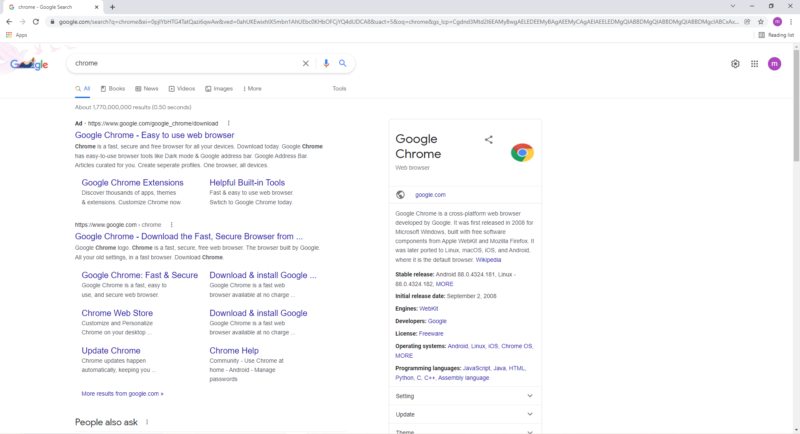
Finally, search engines rank their indexed content. Ranking refers to the ordering of the indexed search results by relevance. The websites at the top of the results page are determined to be the sites most relevant to the user’s query. The search engine uses algorithms to find the most relevant websites by finding sites with the same keywords as the user’s query.
A web browser is a software application used for viewing and interacting with websites, or HTML files. A browser will contact a web server and use a graphical user interface (GUI) to visually display the website on the user’s screen.

Once the user gains access to a web page on the internet, the user can interact with the web page’s content via the mouse and keyboard. The browser usually saves a history of the user’s browsing history in its storage, along with cookies and cache data. The address bar in most browsers doubles as a built-in search engine.
A browser is an application that sends requests to web servers for information and displays the information on the user’s screen. Browsers retrieve HTML files from remote web servers and interpret them as interactive web pages. Browsers can display content on web pages such as images, video, text and other kinds of media.
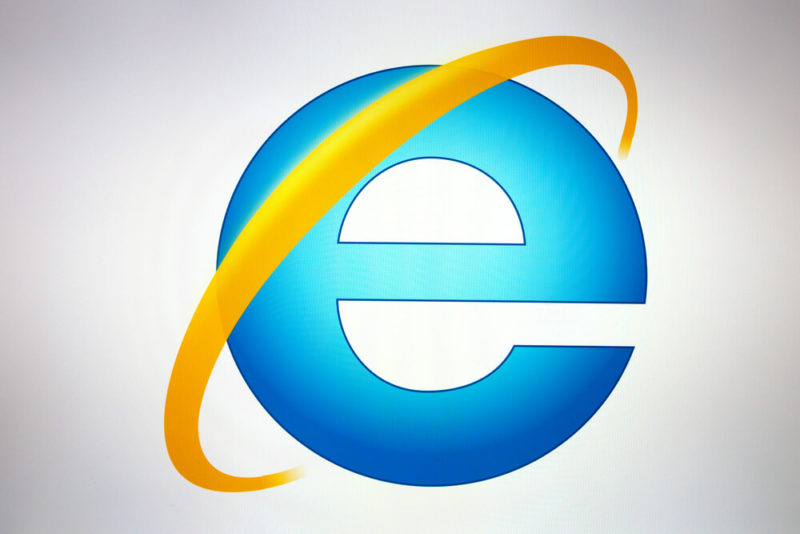
Browsers have come a long way since the early days of the internet. Internet Explorer and Netscape Navigator were among the earliest web browsers. They have since been replaced with modern browsers such as Chrome, Firefox and Opera.
Today, most browsers come with a range of features beyond the singular ability to access and interact with content on the World Wide Web. For example, contemporary web browsers are usually compatible with extra tools that can be added onto the browser, also known as extensions.
Google operates the largest library of extensions in the Chrome web store. Most browsers today also include basic security protections to keep users away from known malicious websites.
The main components of a web browser are its user interface (UI), the browser engine, the rendering engine, the networking component, the UI back end, the JavaScript interpreter and data storage.
The controls for interacting with the web page make up the user interface. The user interface varies from one browser to the next, but it usually consists of an address bar for typing in URLs, the back and forward buttons, a bookmarks menu, and a button to refresh web pages or stop the page from loading.
Between the user interface and the rendering engine is the browser engine. It takes input from the user interface and queries the rendering engine. The rendering engine reads HTML documents and displays the requested web content on the screen.
There are many rendering engines in use, but the most widespread rendering engine is Blink, the engine used in Google Chrome and most Chromium-based browsers.
The browser’s JavaScript interpreter reads and executes any JavaScript code it finds in a website, and sends it to the rendering engine to be displayed. Then, the networking component performs the browser’s internet communication tasks, such as making HTTP requests to servers.
The UI backend serves the purpose of displaying basic features like windows and combo boxes. It uses the operating system’s user interface methods to supply a generic interface.
The browser stores user data such as cache data, cookies and bookmarks in a small database called the data persistence layer. The browser’s storage is located in a local drive on the user’s device. Browsers support various data storage mechanisms including WebSQL, IndexedDB, localStorage and FileSystem.
Browsers and search engines are closely interlinked forms of technology. The web browser is the user’s portal into the World Wide Web, and the search engine is the mechanism that retrieves the user’s desired content.
Without a search engine, internet users could only navigate to the websites they personally know, and without a browser, there would be no way to use a search engine. Keep in mind that some search engines like Dogpile pull results from multiple search engines. You can also read our search engine statistics article to learn how the industry is evolving.
What is your favorite web browser/search engine? Do you have a favorite combination? Let us know your thoughts in the comments below, and as always, thank you for reading.
A search engine is a software system that takes user input and searches a database of indexed web pages. A browser is a software application that’s used to access web pages over the internet.
Google is the world’s most popular search engine, followed by Bing, Yandex, Baidu and Yahoo.A web browser is an application that can access web pages on the internet. A browser is a necessary piece of software for using a search engine and displaying the results in an interactive format.
Stay Ahead in the Digital World
Receive the latest updates on cloud technology, security, and project management.
21 thoughts on “Search Engine vs Browser: Learn the Differences in 2024”
Newest Oldest kurlys says: Earl Winebarger says: Chester Arthur Moore Jr says: Load all next comments Leave a Reply Cancel reply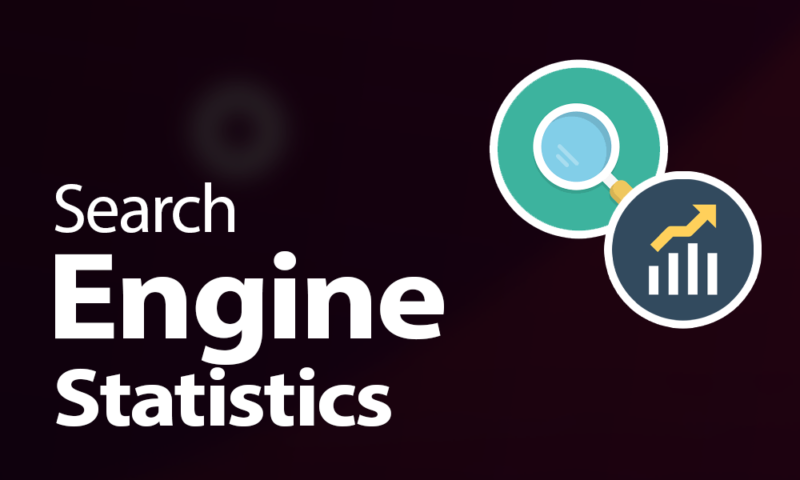


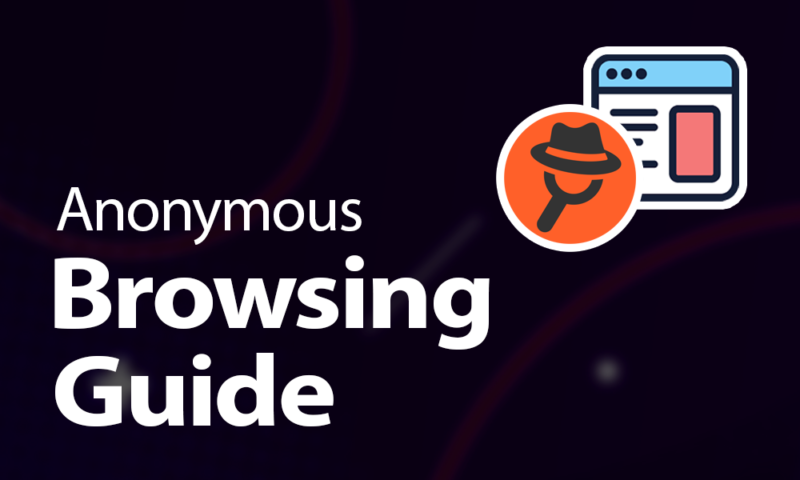
Always stay informed: with the Cloudwards newsletter
No spam, just quality content. Your inbox is safe with us.Cloudwards.net may earn a small commission from some purchases made through our site. However, any earnings do not affect how we review services. We test each product thoroughly and give high marks to only the very best. We are independently owned and the opinions expressed here are our own.
Max Pitchkites began writing and illustrating fantasy stories before falling down the rabbit hole of tech writing. He has written about cybercrime and cybersecurity for an internal IT bulletin at a university before writing for online tech publications. He continues to write convoluted mythological tales and work as a freelance illustrator when he's not plugged into the world of technology.
Last published on Cloudwards:Originally a software engineer, Aleksander decided to leave the office lifestyle behind to live as a digital nomad. He now spends his time writing about technology and tourism, which allows him the freedom to call many different places home. When he’s not writing or editing, he likes to read fantasy/sci-fi, listen to podcasts about history and politics and travel.
Last published on Cloudwards: